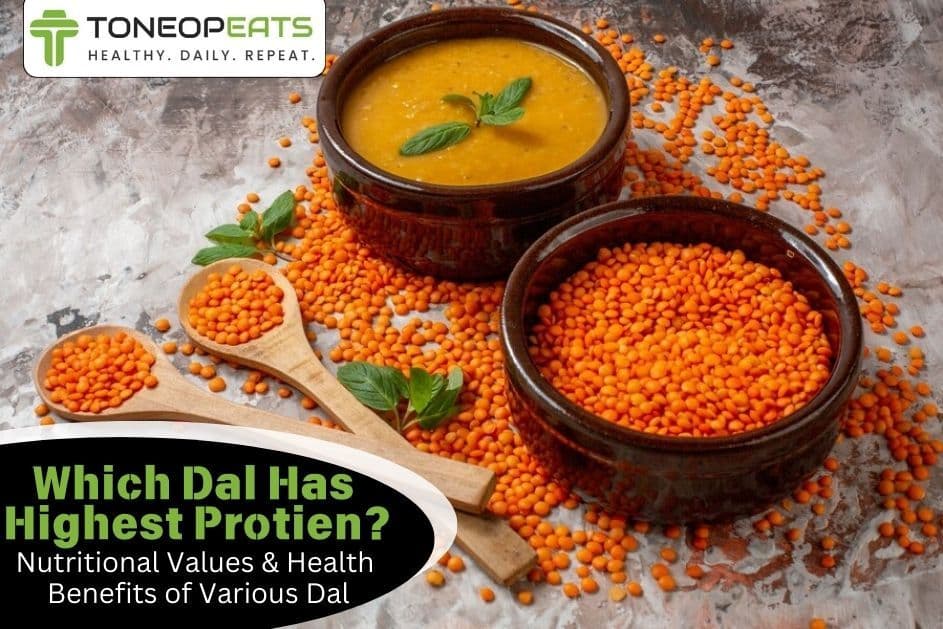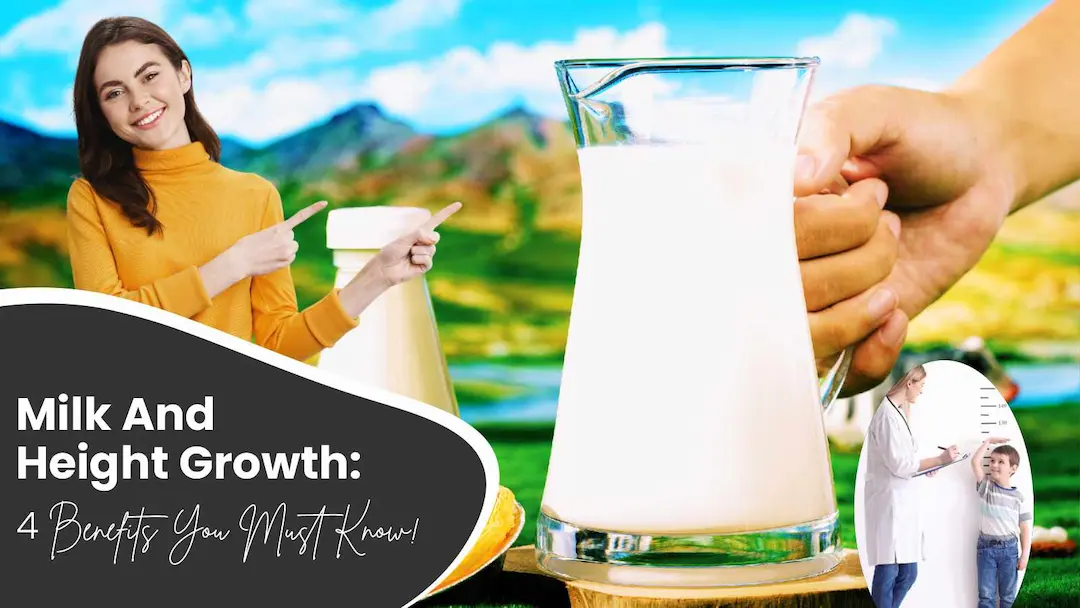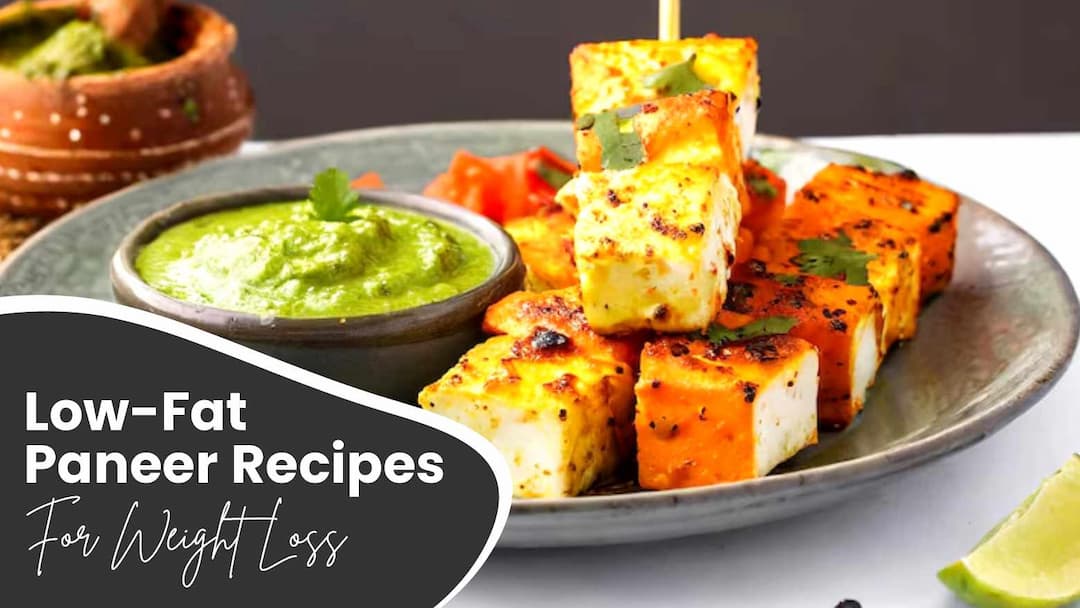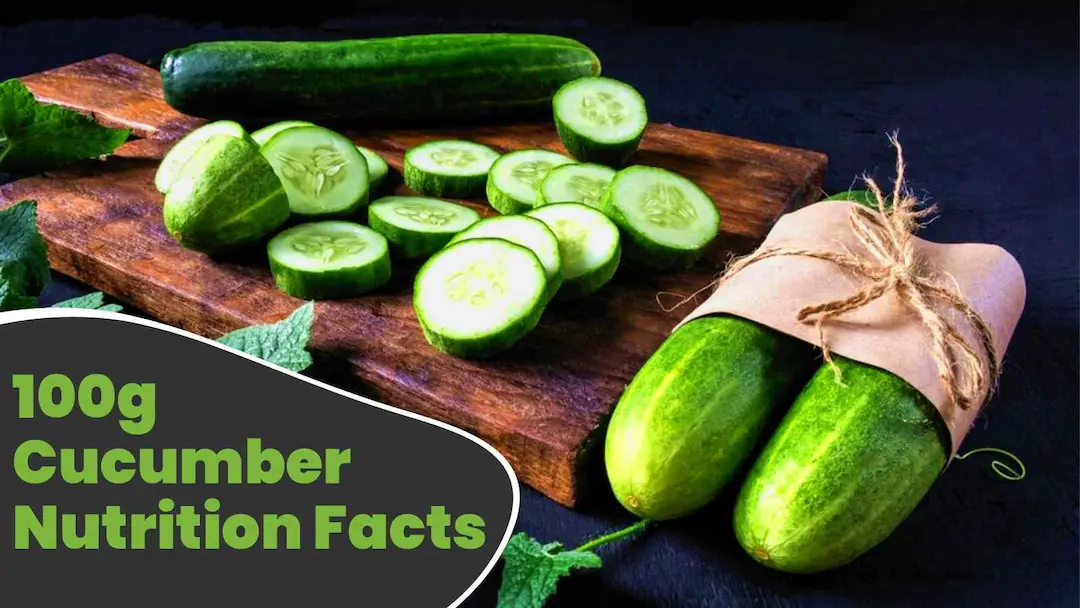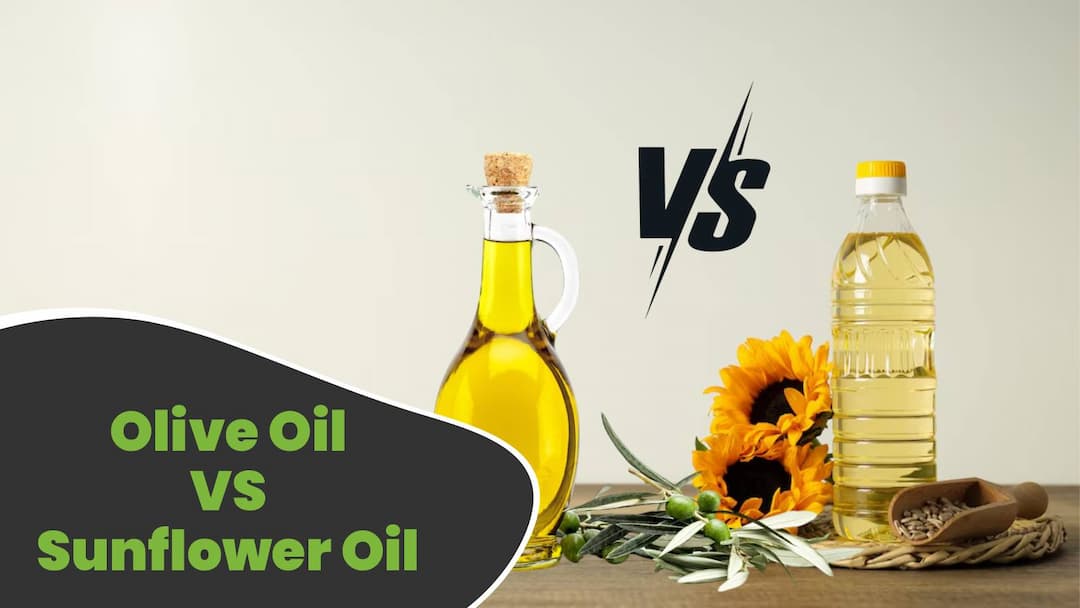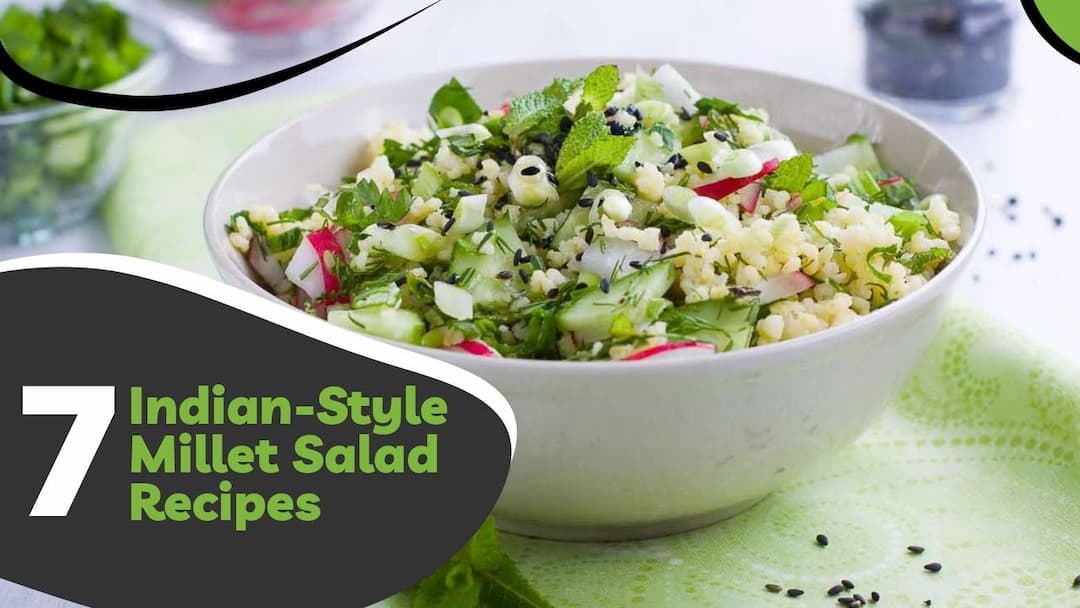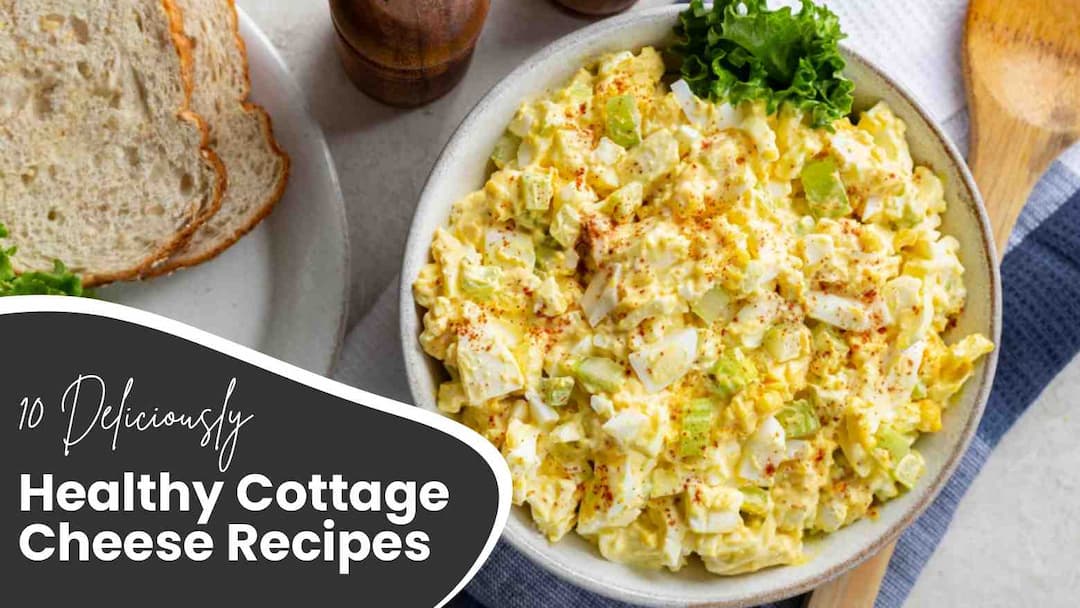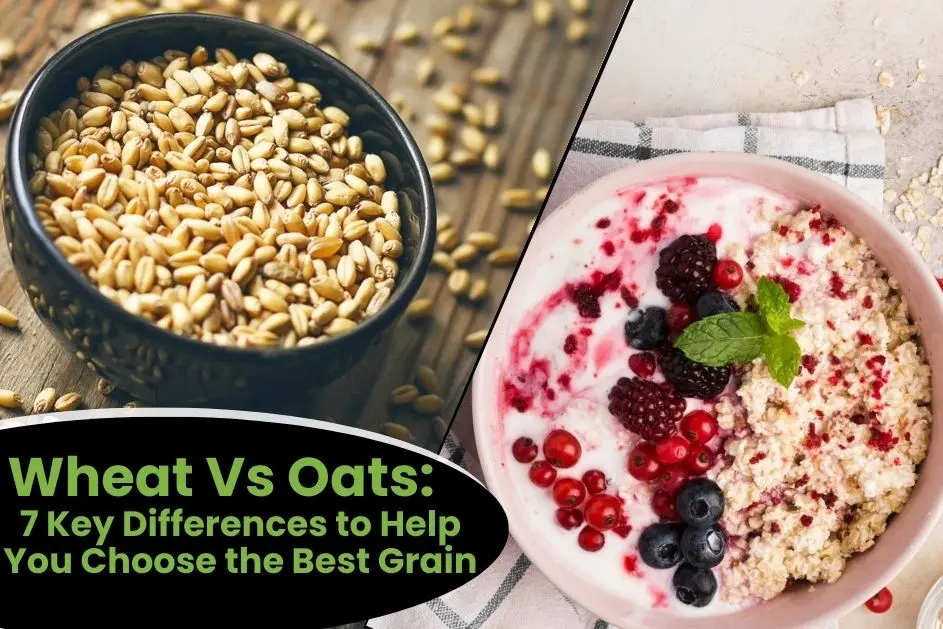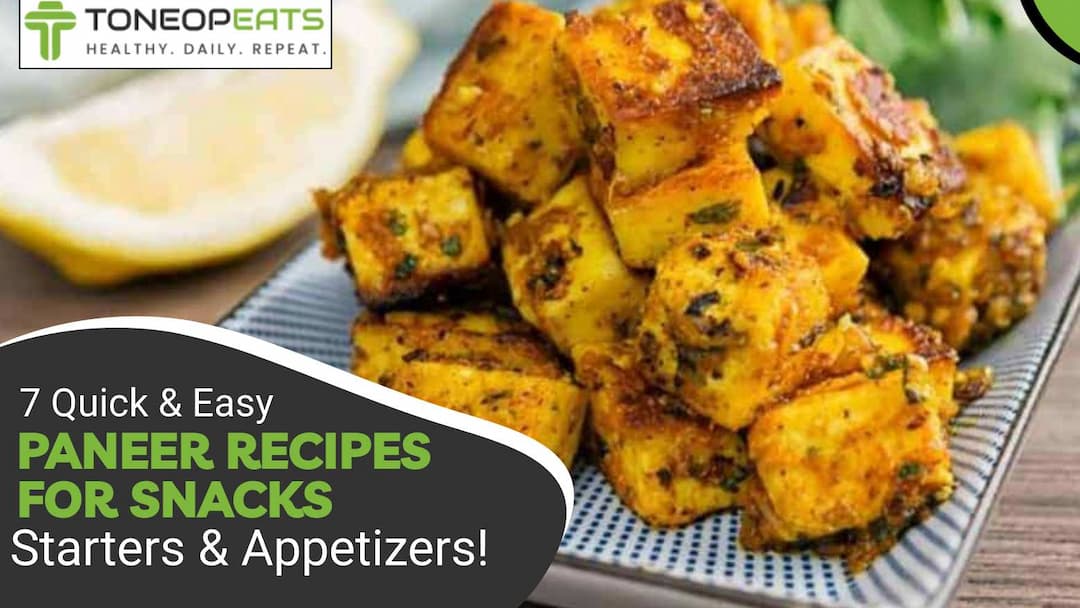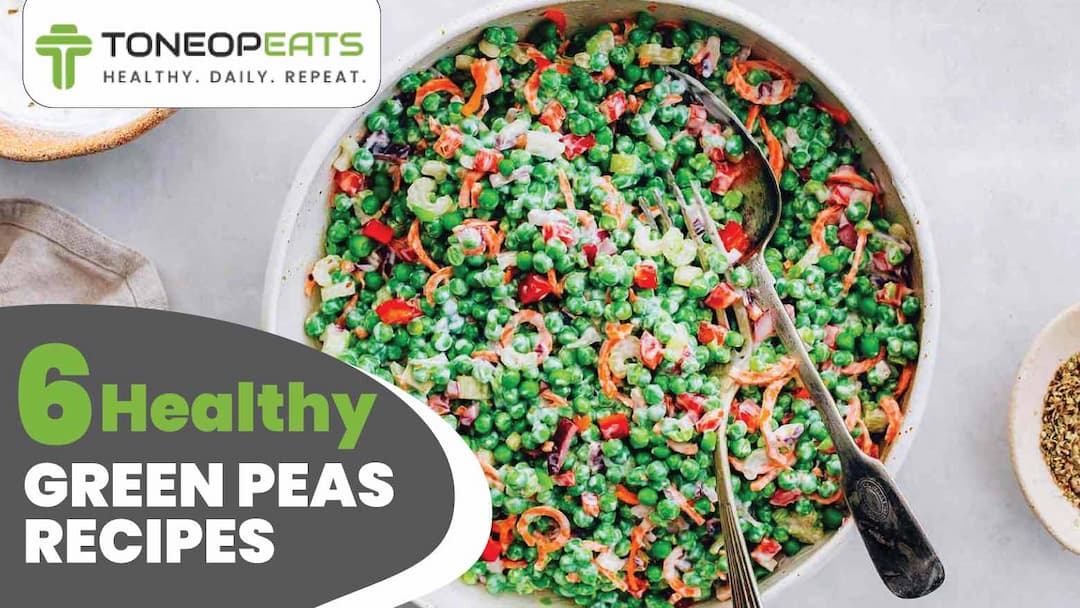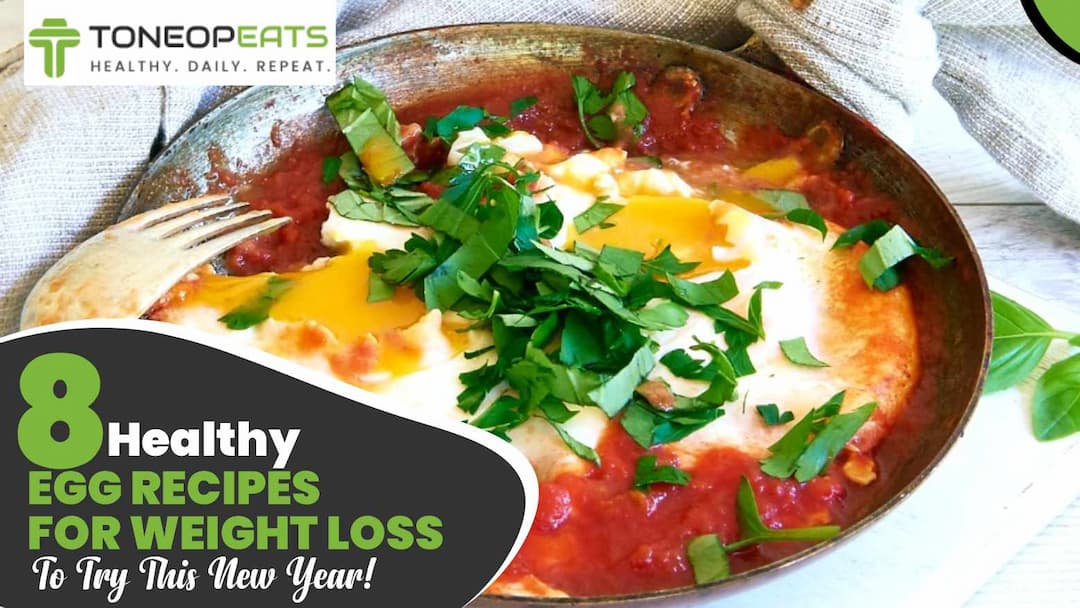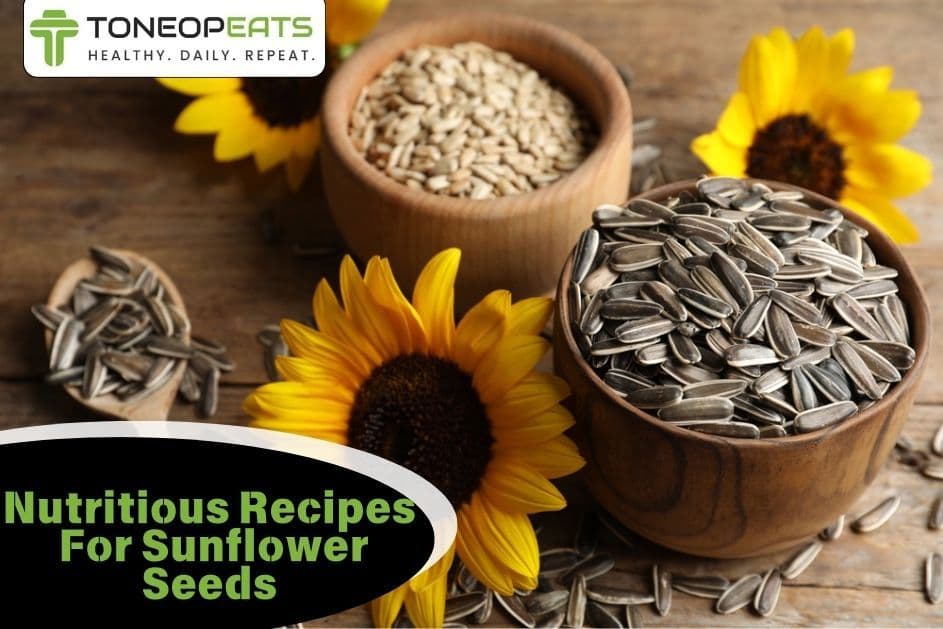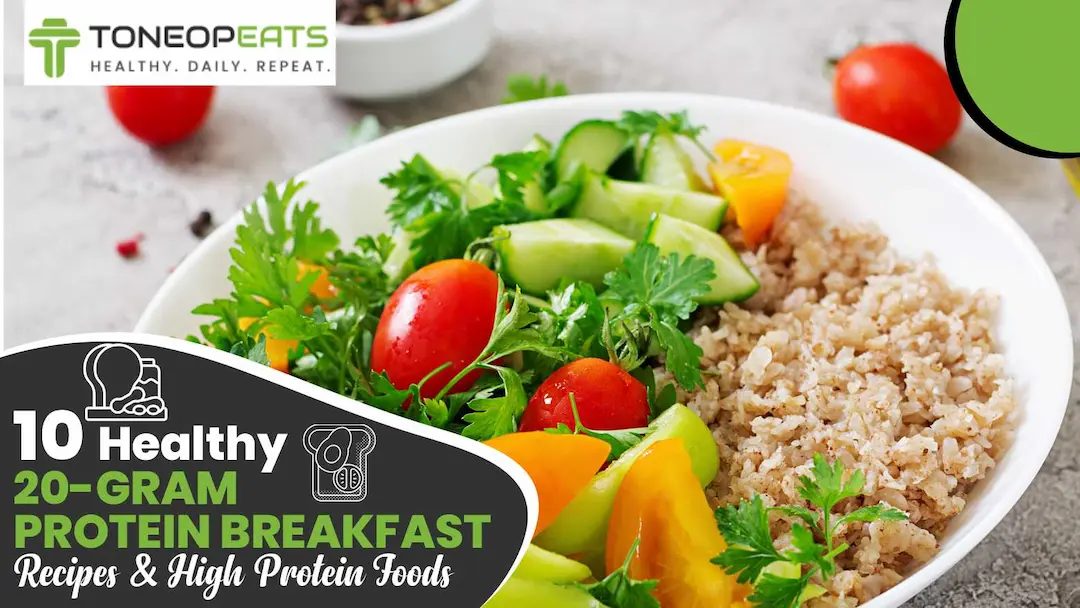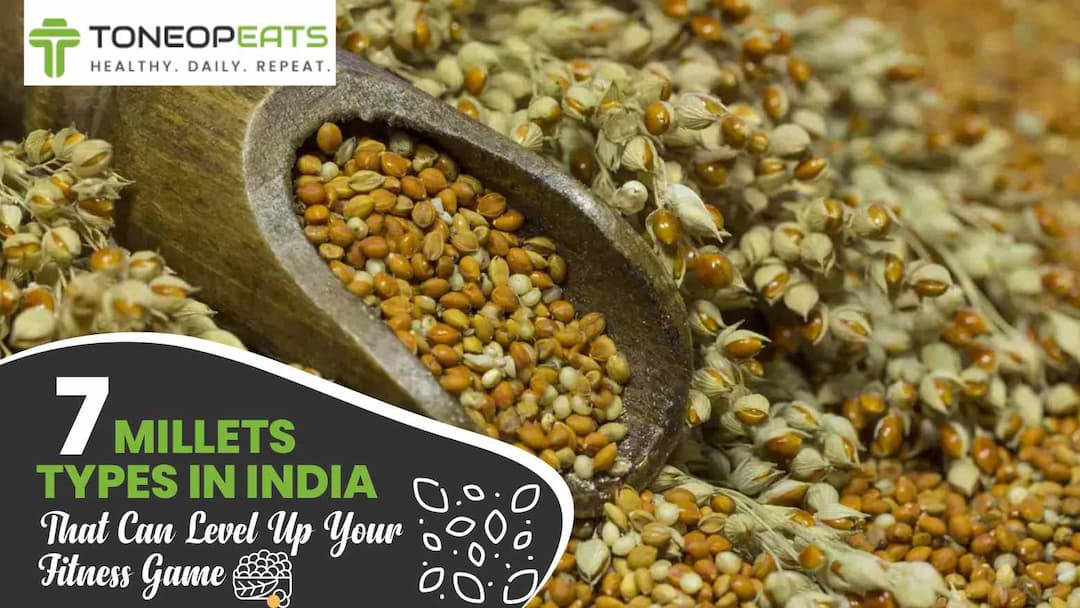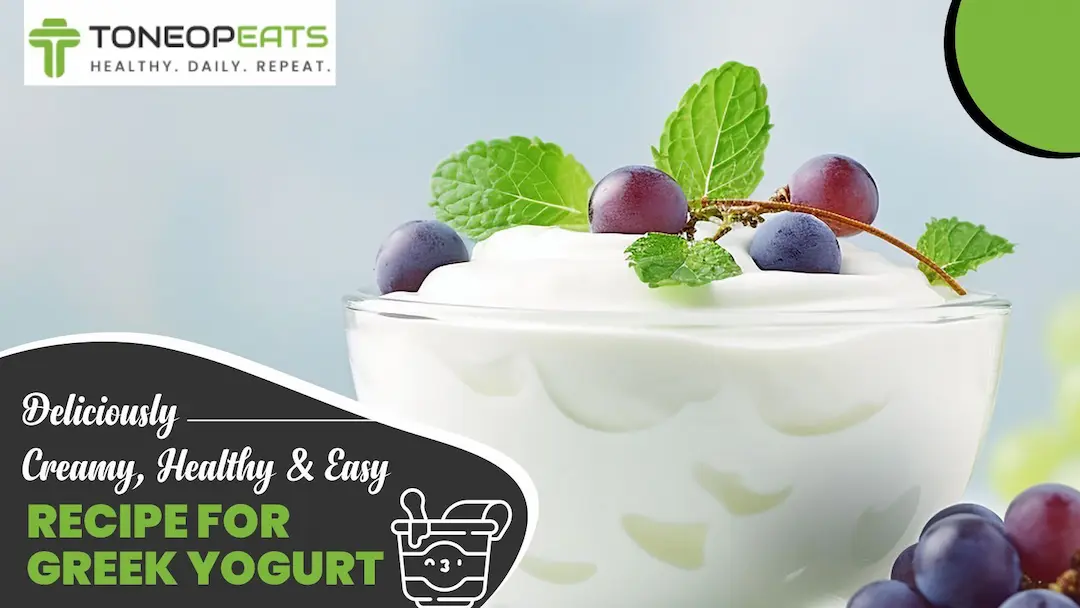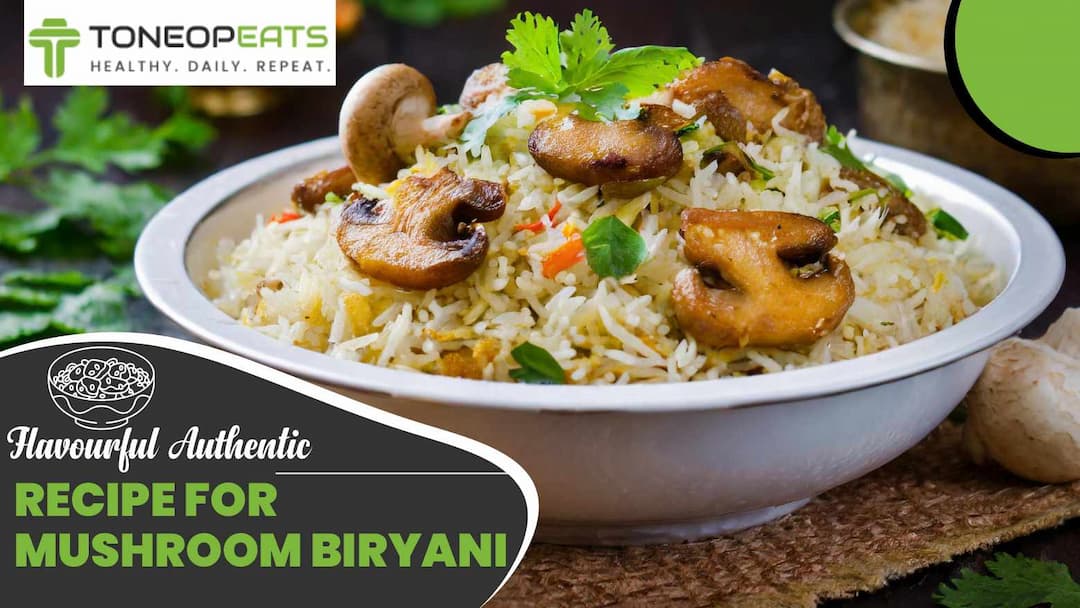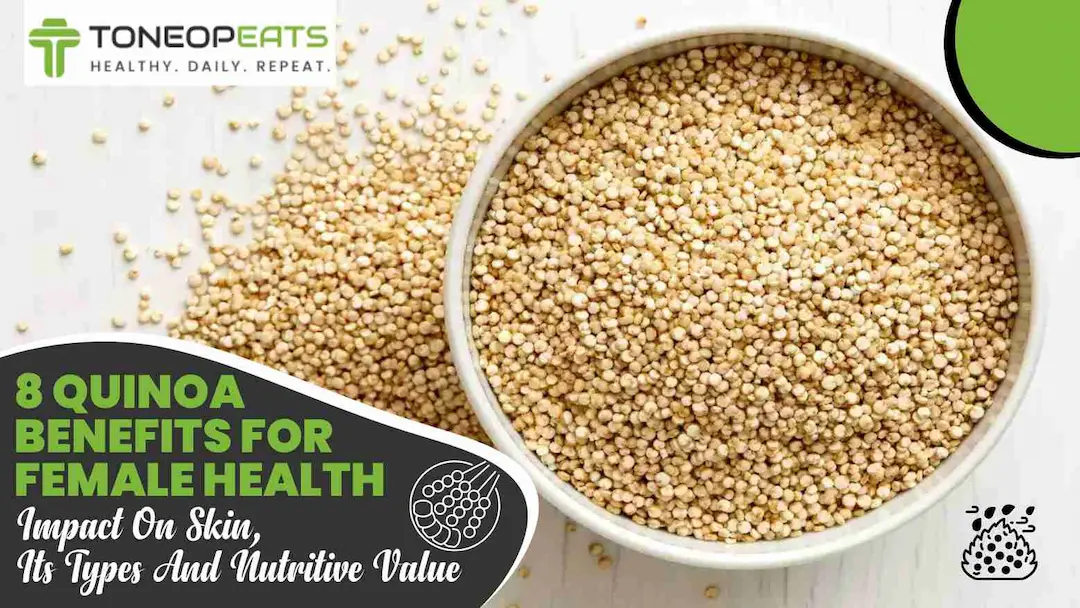Dal refers to split pulses or legumes that are a crucial part of vegetarian meals in South Asia. ‘Dal’ is a Sanskrit word that means ‘to split’, perfectly encapsulating its meaning.
They have gained worldwide popularity due to their nutritious profile, particularly their elevated protein levels. With the increasing popularity of plant-based diets, dal protein is now recognised as a cost-effective, widely available, and environmentally friendly source of necessary nutrients and protein. All types of dal share similar nutritional profiles, yet one particular dal has the highest protein content, making it the perfect addition for people aiming to include more protein in their diet.
However, is this worldwide praise for dal well-deserved, or is it just another market trend? The answer is that, yes, the hype is well-deserved. Whereas trends fizzle out with time, dal has been a dietary staple for nearly 2,800 years in India, making it one of the most ancient and cultivated foods ever.
Most Indian kids have been forced to finish the dal in our bowls because it was good for us. Now that our parents aren’t scolding us to finish our dal, we must do it ourselves. But what exactly are these benefits that make dal so important in Indian diets, especially that of vegetarians and vegans?
In this blog, we will delve into the realm of dal protein, examining the nutritional values of various dals and their health benefits, and discover which dal has the highest protein content.
Table of Contents
- Dal, The Heart of Indian Staples
- Which Dal Has The Highest Protein? Nutritional Value of Different Dals Per 100g
- The Health Benefits of Dal: From Protein to Heart Health
- Unique Benefits of Various Dals
- Dal Protein Vs Other Protein Sources
- Dietitian’s Recommendation
- The Final Say
- FAQs
- References
Dal, The Heart of Indian Staples
Dal is a staple food in South Asia, particularly in India, where it is an integral part of the cuisine. It is consumed widely across the region, including Pakistan, Bangladesh, Nepal, and Sri Lanka.
Dal is a term for split pulses, including legumes like lentils, chickpeas, mung beans, pigeon peas, and kidney beans. Pulses are an essential crop, originating in ancient agriculture nearly 11,000 years ago, whereas dal’s origin dates back 2,800 years. They are prominent in diets globally, particularly in Asia, Africa, and Latin America. For vegetarians and vegans, dal is a dietary mainstay due to its high protein and fibre content, low cost, and versatility in different cuisines.
Dal is rich in carbohydrates, fibre, and protein. Its micronutrient profile contains:
- Iron
- Calcium
- Magnesium
- Potassium
- Zinc
- B vitamins
Which Dal Has The Highest Protein? Nutritional Value of Different Dals Per 100g
Of several dals, the one with the highest amount of protein is urad dal (black gram), with 25g of protein per 100g of dal.
Let us explore what nutrition we obtain from eating various dals:
Nutrients per 100g URAD DAL (Black Gram) | |
| Energy (kcal) | 347 |
| Protein (g) | 25 |
| Fat (g) | 1.4 |
| Carbohydrate (g) | 59.6 |
| Fibre (g) | 18.3 |
| Calcium (mg) | 154 |
| Iron (mg) | 7.6 |
| Magnesium (mg) | 240 |
| Phosphorus (mg) | 385 |
| Potassium (mg) | 820 |
| Thiamine (mg) | 0.42 |
| Riboflavin (mg) | 0.31 |
| Niacin (mg) | 1.8 |
Also Read: Learn This Easy And Wholesome Recipe For Dal Khichdi to Nourish Your Body!
Nutrients per 100g ARHAR DAL (Pigeon Pea) | |
| Energy (kcal) | 335 |
| Protein (g) | 22.3 |
| Fat (g) | 1.7 |
| Carbohydrate (g) | 57.6 |
| Fibre (g) | 15.5 |
| Calcium (mg) | 73 |
| Iron (mg) | 5.8 |
| Magnesium (mg) | 130 |
| Phosphorus (mg) | 304 |
| Potassium (mg) | 670 |
| Thiamine (mg) | 0.45 |
| Riboflavin (mg) | 0.20 |
| Niacin (mg) | 2.5 |
Nutrients per 100g MOONG DAL (Green Gram) | |
| Energy (kcal) | 347 |
| Protein (g) | 24.5 |
| Fat (g) | 1.2 |
| Carbohydrate (g) | 59.9 |
| Fibre (g) | 8.2 |
| Calcium (mg) | 124 |
| Iron (mg) | 3.9 |
| Magnesium (mg) | 130 |
| Phosphorus (mg) | 367 |
| Potassium (mg) | 750 |
| Thiamine (mg) | 0.53 |
| Riboflavin (mg) | 0.15 |
| Niacin (mg) | 2.2 |
Nutrients per 100g KULTHI DAL (Horse Gram) | |
| Energy (kcal) | 321 |
| Protein (g) | 22 |
| Fat (g) | 0.5 |
| Carbohydrate (g) | 57.2 |
| Fibre (g) | 5.3 |
| Calcium (mg) | 287 |
| Iron (mg) | 6.77 |
| Magnesium (mg) | 240 |
| Phosphorus (mg) | 311 |
| Potassium (mg) | 1,030 |
| Thiamine (mg) | 0.43 |
| Riboflavin (mg) | 0.19 |
| Niacin (mg) | 1.5 |
Nutrients per 100g CHANA DAL (Bengal Gram) | |
| Energy (kcal) | 372 |
| Protein (g) | 20.8 |
| Fat (g) | 5.3 |
| Carbohydrate (g) | 60.1 |
| Fibre (g) | 18.4 |
| Calcium (mg) | 202 |
| Iron (mg) | 9.5 |
| Magnesium (mg) | 120 |
| Phosphorus (mg) | 340 |
| Potassium (mg) | 810 |
| Thiamine (mg) | 0.45 |
| Riboflavin (mg) | 0.15 |
| Niacin (mg) | 2.9 |
Nutrients per 100g MASOOR DAL (Red Lentil) | |
| Energy (kcal) | 352 |
| Protein (g) | 25.1 |
| Fat (g) | 1.1 |
| Carbohydrate (g) | 60.0 |
| Fibre (g) | 7.6 |
| Calcium (mg) | 77 |
| Iron (mg) | 6.9 |
| Magnesium (mg) | 175 |
| Phosphorus (mg) | 281 |
| Potassium (mg) | 840 |
| Thiamine (mg) | 0.50 |
| Riboflavin (mg) | 0.16 |
| Niacin (mg) | 2.2 |
Nutrients per 100g YELLOW DAL (Split Pea) | |
| Energy (kcal) | 341 |
| Protein (g) | 24.6 |
| Fat (g) | 1.2 |
| Carbohydrate (g) | 59.4 |
| Fibre (g) | 8.0 |
| Calcium (mg) | 56 |
| Iron (mg) | 5.2 |
| Magnesium (mg) | 120 |
| Phosphorus (mg) | 300 |
| Potassium (mg) | 775 |
| Thiamine (mg) | 0.51 |
| Riboflavin (mg) | 0.20 |
| Niacin (mg) | 1.8 |
Also Read: 6 Best Recipes To Add To Your Healthy Protein Diet For Weight Loss
The Health Benefits of Dal: From Protein to Heart Health

Dal has numerous health benefits. Here’s a breakdown of how eating dal can benefit overall health:
1. Muscle Health and Growth
Protein is crucial for muscle repair and muscle growth. While animal-based proteins are often considered superior for muscle synthesis, studies show that plant-based proteins can also support muscle health when consumed in adequate amounts. Paired with whole grains, dal protein can provide the necessary amino acids for muscle repair.
Also Read: Learn All About A High-Protein Diet For Muscle Building & Get A 7-Day Plan!
2. Heart Health
Due to its fibre content and low saturated fat levels, dal is one of the best foods for high blood pressure and an excellent choice for heart health. Regular dal intake may reduce cholesterol levels and lower blood pressure, decreasing the risk of cardiovascular diseases.
3. Blood Sugar Regulation
Dal is a low-GI food, meaning it doesn’t cause rapid spikes in blood sugar. This is particularly beneficial for people with diabetes or those at risk of developing it. The protein and fibre in dal slow down digestion and stabilise blood sugar levels, reducing the risk of insulin resistance over time.
4. Digestive Health
Dals are good foods for gut health, and the fibre in dal promotes digestive health by adding bulk to stool, preventing constipation, and promoting a healthy gut microbiome. Some types of dal, like black gram, also contain resistant starch, which acts as prebiotic fibre and supports gut bacteria growth.
5. Weight Management
Dal is low in calories but high in protein and fibre, which helps to increase satiety and reduce overall calorie intake. Studies suggest that high-protein diets are beneficial for weight loss and maintaining a healthy weight, as protein requires more energy to digest than fats or carbs, enhancing the thermic effect of food.
Also Read: 18 Satisfying And Healthy Snack Ideas For Weight Loss For Healthy Munching
Unique Benefits of Various Dals
Let’s check out the benefits of these different dals:
1. Urad Dal (Black Gram)
Urad dal has a robust flavour and is especially high in dietary fibre. It benefits heart health and is a traditional remedy for joints and kidney function.
2. Arhar/Toor Dal (Pigeon Peas)
Arhar dal is rich in folic acid, an essential nutrient for pregnant women, and promotes cell regeneration and growth.
3. Moong Dal( Green Gram)
Moong dal is excellent for detoxifying the body and promoting skin health. It’s also easy on the digestive system, which makes it suitable for people recovering from illness.
4. Kulthi Dal (Horse Gram)
Kulthi dal is rich in iron, calcium, and antioxidants. It aids in kidney health, particularly for dissolving kidney stones, and supports digestion by reducing acidity. Its high fibre manages blood sugar and cholesterol levels, making it ideal for diabetics and heart health.
5. Yellow Dal (Yellow Split Peas)
Yellow dal is packed with protein, fibre, and B vitamins. It supports energy levels, heart health, and digestion.
6. Chana Dal (Bengal Gram)
Chana Dal is rich in minerals like phosphorus, folate, and manganese, which support bone health and overall energy levels. Chana dal is also high in fibre, which promotes better blood sugar regulation.
7. Masoor Dal (Red Lentils)
Known for quick cooking and a slightly sweet flavour, red lentils are high in protein and fibre and make an excellent source of iron. This makes them particularly valuable for those prone to anaemia.
Dal Protein Vs Other Protein Sources
Unlike animal-based proteins like meat, eggs, and dairy, dal is not a complete protein. Still, it has its advantages over other protein sources, such as:
1. Meat vs. Dal
While meat provides complete proteins and is often higher in protein per gram, it also has higher saturated fats and cholesterol levels. Dal, on the other hand, is heart-friendly and sustainable.
2. Dairy vs. Dal
Dairy is another complete protein source, but does not suit lactose-intolerant individuals. Dal provides a dairy-free option and offers more fibre.
3. Other Plant Proteins
Unlike soy or quinoa, dal offers a more cost-effective and accessible protein source with a long shelf life and lower environmental impact.
Also Read: 9 Delicious 30-Gram Protein Meals, Tasty Recipes And Benefits To Get Fit With Flavour!
Dietitian’s Recommendation
As a Dietitian, I recommend incorporating a variety of dals—such as masoor, moong, and chana —for a balanced intake of amino acids, particularly for vegetarians and vegans. Pairing dals with whole grains like rice or quinoa creates a complete protein, supporting muscle repair and energy. Dals are also fibre-rich, aiding blood sugar control and satiety, which is beneficial for weight management. With high iron and folate, dals support overall vitality, making them an ideal addition to daily meals.
Dt. Akshata Gandevikar
The Final Say
Dal protein is a powerhouse of nutrients packed with protein, fibre, vitamins, and minerals that support a range of health benefits, from muscle growth to heart protection to weight management.
For anyone looking to add more plant-based protein to their diet, dal offers an affordable, sustainable, and versatile option. Whether enjoyed in traditional dishes like khichdi or modern recipes like dal-based protein bars, dal protein is a delicious way to support a balanced, nutrient-dense diet while contributing to a more sustainable food system.
FAQs
1. Is dal a complete protein?
Dal is not a complete protein, lacking certain essential amino acids, specifically methionine. However, when paired with grains like rice or wheat, it forms a complete protein, providing all nine essential amino acids the body needs.
2. What is the protein content in different dals?
Here is the different protein content in different types of dals:
- Urad dal protein per 100g: 24g
- Arhar dal protein per 100g: 22.3g
- Green dal protein per 100g: 24g
- Kulthi dal protein per 100g: 22-24g
- Yellow dal protein per 100g: 17.1
3. Can dal help in weight loss?
Yes, dal can aid in weight loss. It is low in calories yet high in protein and fibre, promoting feelings of fullness.
4. Are there any side effects of consuming too much dal?
While dal is nutritious, excessive consumption can lead to digestive issues like gas and bloating due to its fibre content.
5. Can dal be a meat substitute?
Dal can act as a meat substitute, thanks to its high protein content and essential amino acids. It provides a nutritious option for vegetarians and vegans while offering various flavours and textures.
6. Is dal a carb or protein?
Dal is primarily considered a source of carbohydrates and protein, with 55-60g of carbs per 100g of dal and 20-25g of protein per 100g of dal.
7. Which dal has less carbs?
Among common dals, Kulthi dal tends to have slightly fewer carbohydrates than others, with about 57 grams per 100 grams. Moong dal (green gram) is also lower in carbs, containing approximately 59.9 grams. However, the differences are minimal, so all dals can fit well into a balanced diet, depending on individual nutritional needs.
References
- https://timesofindia.indiatimes.com/life-style/food-news/10-types-of-protein-rich-indian-dals-and-their-benefits/photostory/88505811.cms?picid=88505961
- https://www.careinsurance.com/blog/health-insurance-articles/discover-the-amazing-benefits-of-dal-the-powerhouse-of-goodness
- https://mealawe.com/7-main-dal-benefits/?srsltid=AfmBOoqrT0rs3ujntvJaa3yPRaYTl2LgfxOxUbEjrAp60nhMQvM7BuOV
About ToneOp Eats
ToneOp Eats is your go-to health kitchen, delivering nourishing meals in Bhopal, Indore & Bangalore. The meals are prepared with strategically planned nutrition and portions for your health goal. With just three simple steps, you can subscribe to a meal plan for weight loss, muscle gain, or balanced diet goals. Experience the perfect blend of taste and wellness in our nutrient-dense and calorie-counted range of meals, including protein-rich grills and meal bowls, full of fibre salads & smoothies, workout-friendly protein 30,40,50 meals and refreshing juices.







